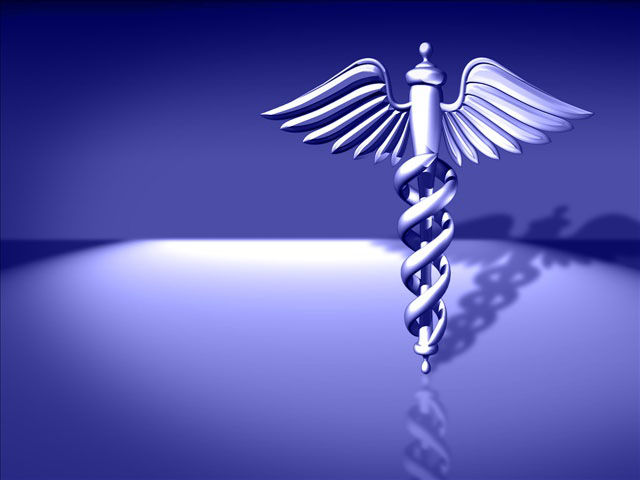SAN BENITO — They’re coming down the pipeline … with what?
A working knowledge of epidemiology, radiology and dentistry.
The Rising Scholars Academy of South Texas will offer eighth graders two new semester-long courses this year to prepare them for the medical field.
They’ll learn the digestive system, circulatory system and respiratory system. They’ll be able to tell you the difference between the tibia and fibula, which are bones in the lower leg. And they’ll have an impressive understanding of the physicians who practice in these various fields.
Claudia Garza, a health science and technology instructor, will teach the two courses. This fall she’ll give a course on medical terminology, followed in the spring by Principles of Health Science.
Garza said she believed the South Texas Independent School District planned on creating these small “pipeline courses” when it opened Rising Scholars, a new junior high, last fall.
“They talked to me about it last year and I was super excited,” said Garza, who previously taught medical assisting at the South Texas Academy for Medical Professions.
Sure enough, when preparations had been made to teach the classes, the school district came knocking.
“They asked me if I could come over to kind of lead this pipeline,” Garza said. “They asked me to start getting kids excited and curious about what the health care industry has to offer them as potential future careers.”
She said she’ll teach potential medical practitioners concepts of different systems such as the nervous system and the lymphatic system. The students will also learn some of the basic terminology that goes with these and other health related topics.
“Throughout the courses, I’ll be just kind of connecting them with introductory skills like checking the blood pressure and listening to somebody’s heart rate,” Garza said.
She hopes also to take them to the South Texas Academy for Medical Professions (Medical Academy) and the South Texas High School for Health Professions in Mercedes. There she’ll introduce them to the simulation labs.
Side by side with learning about the science of medicine, students will learn about the careers for that particular area.
“If we’re learning about the digestive system, we’ll learn about a gastroenterologist,” Garza said. “What do they do? How long do they study?”
They’ll do research about these and other fields of medicine, and explore the career opportunities locally, state wide and across the country.




